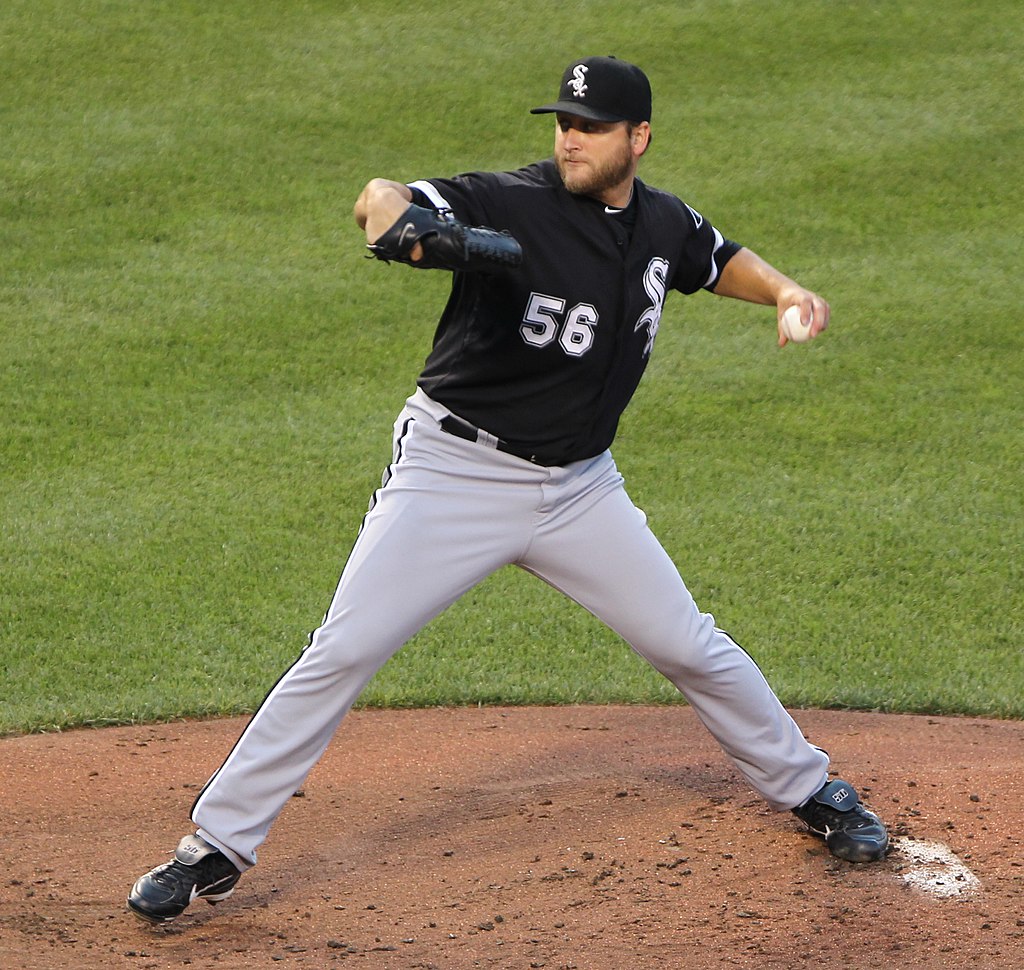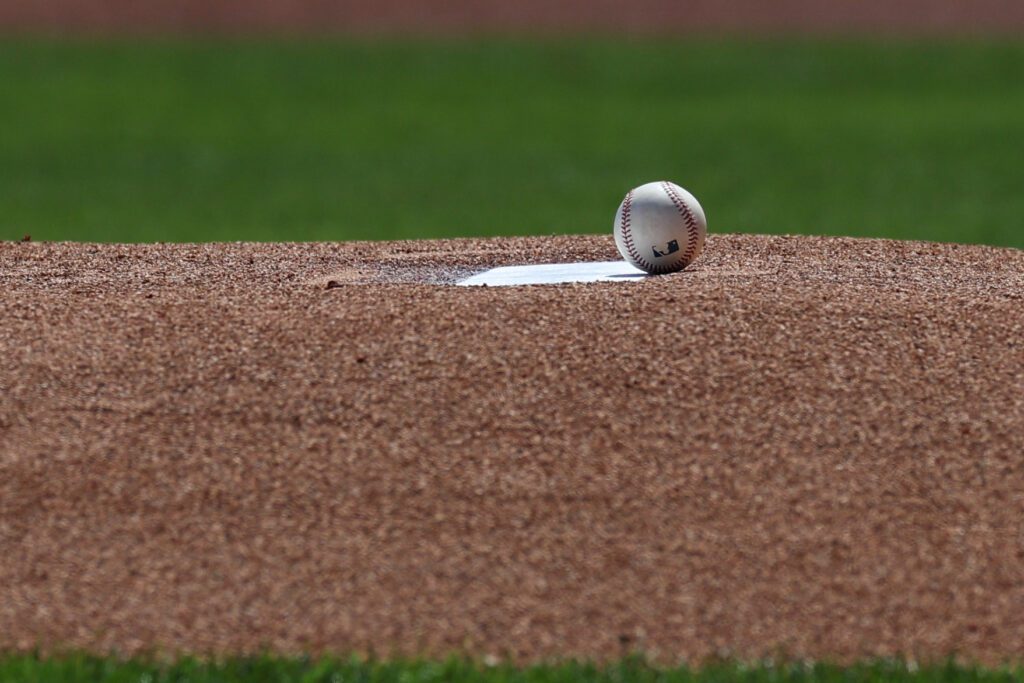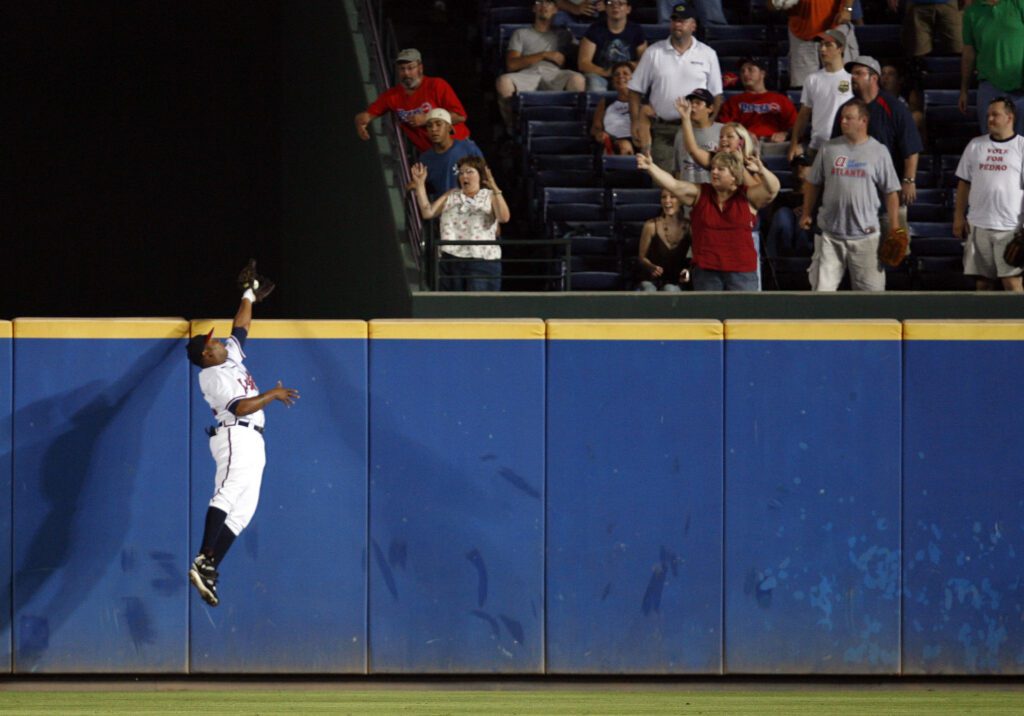Over his 16-year major league career, Mark Buehrle was one of baseball’s most consistent and dependable starting pitchers. None of his career numbers are particularly eye-popping, especially when comparing him to past legends but he put together a remarkable career worthy of more Hall of Fame consideration than he is receiving.
Buehrle was drafted by the Chicago White Sox in the 38th round in 1998 and spent his first 12 seasons with the team. He was their ace, leading them to their first World Series title in 88 years and throwing just the second perfect game in team history en route to becoming one of the best pitchers in franchise history.
After a single season with the Miami Marlins, he finished his career strong with the Toronto Blue Jays, making an all-star team in 2014 and helping the Jays to their first playoff appearance in 22 years before retiring in 2015.
Buehrle will be remembered as the last of an old breed of starting pitchers. He rarely got hurt or skipped starts, went deep into games, and threw more than 198 innings every year. He was the epitome of the crafty lefty and while his peers were chasing velocity, he made five all-star teams with a fastball that sat in the mid to high 80’s.
His Hall of Fame case is not an obvious one and his previous election results clearly reflect that. He debuted on the ballot at 11% in 2021 and dropped to 5.8% in 2022 before moving back up to 10.8% last year. Now, in 2024 with 122 ballots revealed he is tracking at 7.4% and is at risk of falling off the ballot. He was one of the best pitchers of his era and while he is not an all-time great here is why Mark Buehrle deserves more Hall of Fame consideration.
Mark Buehrle’s Hall of Fame Case
He’s the Last of an Old Breed of Starting Pitcher
As alluded to earlier, Buehrle was the ultimate workhorse of his time, leading all pitchers over his career in both innings pitched and starts. From 2000-2015, he made 493 starts and threw 3283.1 innings while second place Tim Hudson made just 458 starts and threw 2990.1 innings. He threw over 198 innings in every full season of his career and threw the third most complete games of any pitcher over that stretch. Justin Verlander is the only active player to throw more innings than Buehrle, no other pitcher is within 300 of him.
In addition to being a workhorse, the crafty lefty got it done the old-fashioned way, confusing hitters by throwing five different pitches with a four-seam fastball that averaged around 85mph. He threw five pitches: a four-seamer, sinker, changeup, and curveball never throwing any of them more than 30% of the time. While he never racked up strikeouts, he limited walks and forced ground balls better than anyone. He had the fourth-lowest walk rate among pitchers with 2000 innings and the eleventh-highest groundball rate. Overall, no one will ever have a career like Buehrle again. Between his crafty approach to getting outs and his unparalleled durability, it’s unlikely anyone will do what Buehrle accomplished over his career again.
He Was Under-Appreciated In His Era
Mark Buehrle was never considered one of the best pitchers in baseball in his era but statistically, he matches up with almost any of his peers from 2000-2015. Over that span, he ranked sixth among starters in fWAR and is third in RA9-WAR (WAR based on run prevention rather than the three true outcomes) ranking just ahead of future Hall of Famer CC Sabathia. His consistency was remarkable, putting up an fWAR between two and five in 12 of his 15 full seasons. He had two down years at 1.7 and 1.6 (in 2006 and 2012 respectively) and one excellent season leading the White Sox to a World Series title in 2005.
That consistency also helped him finish with the 14th-highest ERA from 2000-2015 at 3.81, a ranking made more impressive when knowing that nine of the 13 players ahead of him had at least 1000 fewer innings. He was stellar with the glove too, winning four straight Gold Gloves from 2009 to 2012. However, he was only an all-star five times and only received Cy Young votes once, finishing fifth as the ace of the 2005 champs. Perhaps if more accolades followed Buehrle in his career his Hall of Fame case would look much stronger.
Some Modern Starters Have to Be Inducted
Most of Buehrle’s case hinges on this point, there has been a sharp decline in the number of starting pitchers inducted by the BBWAA as the game evolves and workloads decrease. Typical “Hall of Fame” criteria like 300 wins and 3000 strikeouts are now much tougher to reach so voters are going to have to shift the standard to meet that change. Since the inductions of Randy Johnson, Pedro Martinez, and John Smoltz in 2015 the BBWAA has only voted in two starting pitchers: Roy Halladay and Mike Mussina. Additionally, if Buehrle doesn’t get inducted, Halladay and Martinez will likely be the only starters born in the 1970s to be inducted into Cooperstown.
That is a sharp decline from previous decades and creates a group of starters from that era who all have similar cases to Buehrle. This helps the case for fellow candidate Andy Pettitte and is the same reason it was wrong for Hudson to fall off the ballot after just two years. That trio represents an interesting tier of very borderline candidates who were among the best pitchers of the 2000s and more of them will join the ballot over the next several years. If none of these players are inducted it will become very difficult for any current or future starting pitcher to get enshrined. Since starters obviously have to be inducted, voters will have to change how they evaluate starters to give guys like Buehrle a fair chance.
While Mark Buehrle is by no means an all-time great starting pitcher, he has a legitimate case for being a Hall of Famer and is certainly better than the 7.4% he is tracking so far. Like Hudson and Pettitte, he deserves a full ten years on the ballot to be considered for enshrinement. If Buehrle and his peers aren’t inducted, the proportion of Hall of Fame starting pitchers will continue to decline sharply.



